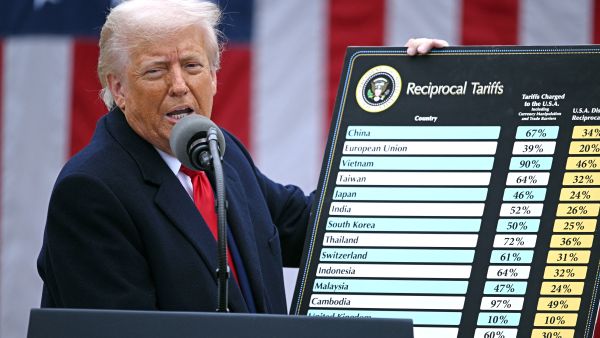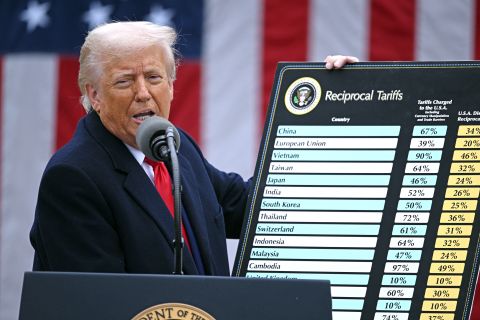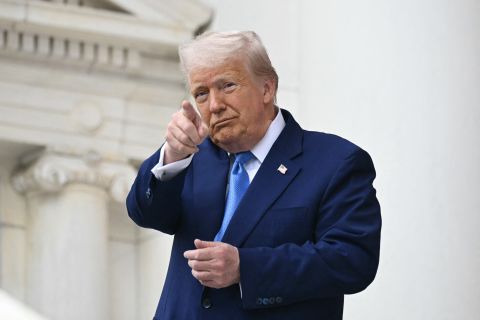ALBAWABA- In a significant legal rebuke to President Donald Trump’s trade agenda, a U.S. federal court has blocked his sweeping global tariffs, ruling that he overstepped constitutional limits on executive power.
The Court of International Trade found that the administration's use of emergency powers under the 1977 International Emergency Economic Powers Act (IEEPA) did not authorize the president to impose tariffs unilaterally on nearly every country.
The New York-based court reaffirmed that the U.S. Constitution grants Congress, not the president, the exclusive authority to regulate international trade.
It also invalidated a separate set of duties targeting China, Mexico, and Canada, imposed under claims of drug trafficking and illegal immigration.
The decision came in response to two lawsuits: one filed by the Liberty Justice Center on behalf of small importers, and another by a coalition of 12 states led by New York.
Attorney General Letitia James hailed the ruling: "The law is clear: no president has the power to raise taxes whenever they like single-handedly.”
The White House quickly condemned the ruling as “blatantly wrong,” vowing to appeal and seeking a stay on the order. “It is not for unelected judges to decide how to address a national emergency properly,” said Deputy Press Secretary Kush Desai.
This marks the first major legal defeat for Trump’s so-called “Liberation Day” tariffs, a central pillar of his economic platform. However, the court did not address tariffs on specific goods such as steel, aluminum, and cars, which fall under a different legal framework.










![Turkish series "Ask-ı Memnu" [Forbidden Love]. Turkish series "Ask-ı Memnu" [Forbidden Love].](/sites/default/files/styles/d02_traditional/public/2026-02/%D8%A3%D8%A8%D8%B7%D8%A7%D9%84-%D9%85%D8%B3%D9%84%D8%B3%D9%84-%D8%A7%D9%84%D8%B9%D8%B4%D9%82-%D8%A7%D9%84%D9%85%D9%85%D9%86%D9%88%D8%B9.jpg?h=c673cd1c&itok=nhq8-5rH)
